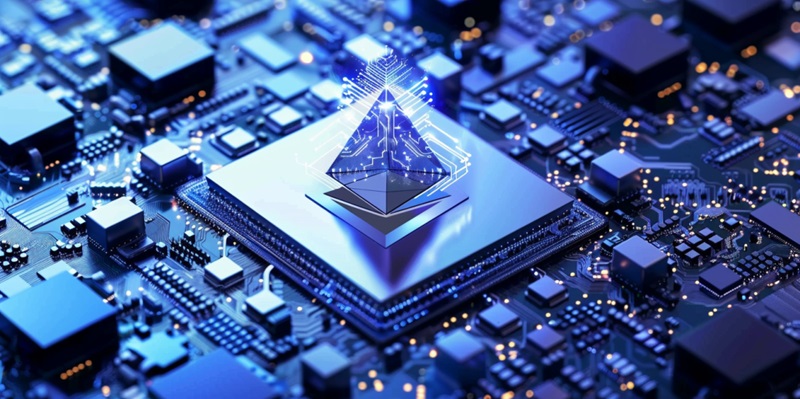In the rapidly evolving blockchain landscape, the philosophical underpinnings of cryptocurrency development have sparked a vibrant debate within the Ethereum community. The crux of this debate centers around a fundamental question: Should the development of blockchain and cryptocurrencies lean towards capitalist incentives or integrate a wider social good? This conversation gained heat with pointed criticisms from Evgeny Gaevoy, CEO of Wintermute, targeting prominent figures in the Ethereum sphere. At the forefront of this ideological conflict are Ethereum co-founder Vitalik Buterin and Uniswap creator Hayden Adams, whose differing perspectives reflect a broader dichotomy within the community.
Gaevoy’s contention is that blockchain technology is inherently symptomatic of capitalist principles that thrive on incentives. He argues that the community’s push to prioritize projects based on their social worth is inherently contradictory. This belief is contrasted by Buterin’s vision, which involves infusing blockchain development with societal value. Buterin has recently expressed his disappointment with the proliferating culture of celebrity meme coins, implying that participants in such schemes should feel a sense of worth beyond financial gains. In juxtaposition, Adams has not taken issue with the existence of these coins but did call out derogatory remarks made by rapper Iggy Azalea towards Buterin.
Bridging Ideological Divides
Within the dynamic blockchain sphere, a profound discourse is unfolding among Ethereum enthusiasts. The central issue? Whether blockchain creations should be driven by capitalistic motives or address collective welfare. Evgeny Gaevoy, Wintermute’s CEO, ignited the debate by challenging Ethereum leaders. The ideological rift is exemplified in Ethereum co-founder Vitalik Buterin’s and Uniswap’s Hayden Adams’ divergent views, emblematic of the internal community split.
Gaevoy advocates that the very essence of blockchain is rooted in capitalist incentives and sees any shift towards social worth as a paradox. Buterin, however, aspires to wield blockchain for societal benefits, critiquing the trend of celebrity-backed meme coins and urging for a greater sense of purpose beyond profit. Meanwhile, although Adams does not criticize these meme coins per se, he does stand against disparaging comments directed at Buterin by celebrity Iggy Azalea, marking a nuanced stance in the ongoing debate.

